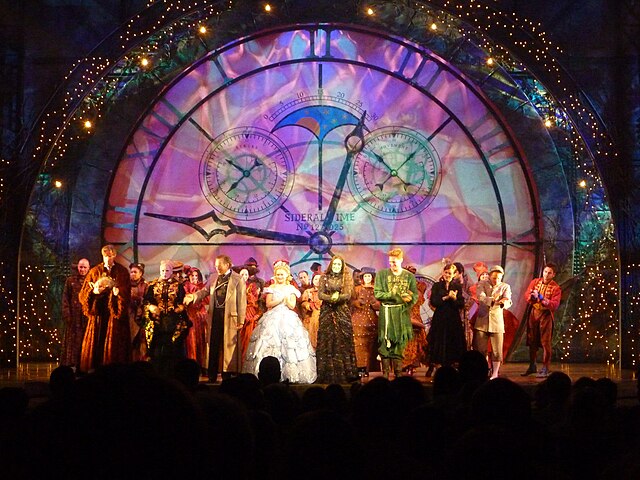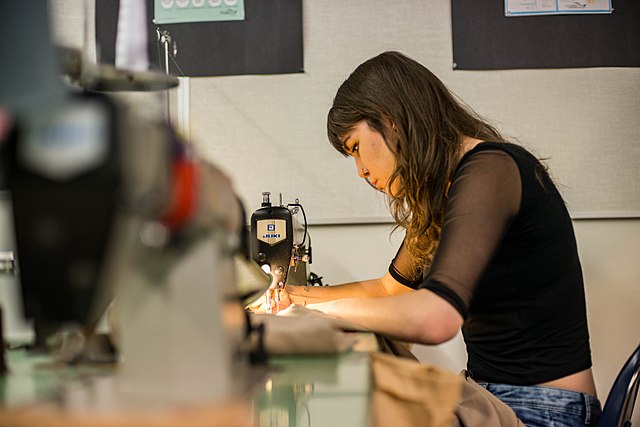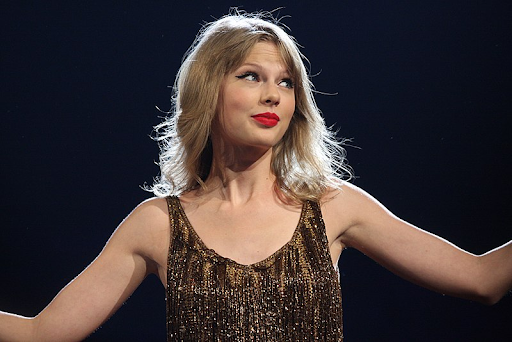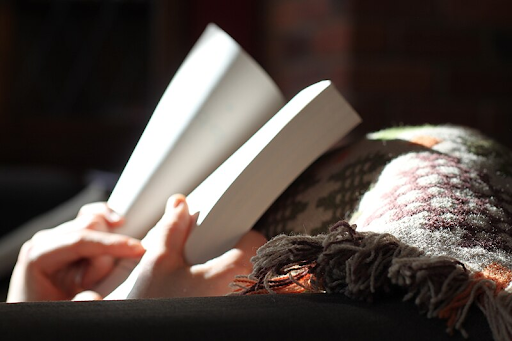A flash of light engulfed the school bus when the Taliban shot Malala Yousafzai. Fired at point blank, the bullet ricocheted off a cupped portion of Malala’s skull.
Malala was saved.
But what could a 16-year-old girl have done to instigate a death order from the Taliban?
In 2009, the BBC began publishing Malala’s journals detailing life under Taliban rule, where women were strictly prohibited from attending school.
“All I want is an education, and I am afraid of no one,” Malala said.
As Malala voiced activism for women’s education, the Taliban unsuccessfully attempted to silence her. Instead, they invited global attention to Malala’s stand in the fight for women’s education.
Since her recovery, Malala has implored the U.N. to support women’s education, published her memoir, “I am Malala,” been nominated for the Nobel Peace Prize and founded the Malala Fund, an organization that supports women’s education across the world.
“Education is everything,” said Julie Burke, assistant professor of education studies. “In order to be empowered in the world … in order to be able to take advantage of opportunities, you need some tools.
“You need to be able to read, to write and to compute.”
With this in mind, Malala has been channelizing media-frenzy energy to maximize the Malala Fund’s impact. The organization’s first grant provided financial support for 40 girls at Malala’s Pakistani school — girls who would have otherwise left school to perform domestic work.
“Let us turn the education of 40 girls into 40 million girls,” Malala said to the Women in the World summit in New York City.
Since its founding last year, the Malala Fund has established schools in Pakistan in an effort to change old practices that stigmatize women’s education.
“She’s got guts, beyond guts,” said Lana Abutabanja, Palestinian Early College senior. “She has the courage to speak out amidst a culture that says, ‘women are not supposed to do that.’ I really think she’s a hero.”
Jeremy Rinker, visiting assistant professor of peace and conflict studies explained Malala’s hero effect.
“There is something to be said about the role that storytelling and experience of conflict play into the legitimacy of a nonviolent activist,” he said.
Even beyond women’s education, change is eminent in the Muslim world. From the Arab Spring to Malala’s movement, the relationship between the activist and media is becoming even more critical.
“Malala’s youth and the terrible violence committed against her has catapulted her into world fame,” said Diya Abdo, associate professor of English, in an email interview. “This kind of exposure can be beneficial if she remains in control of her narrative and cause and doesn’t allow them to be co-opted by others.”
Malala’s nonviolent activism and forgiveness have not fallen on deaf ears. Millions across the world have joined the “I am Malala Movement,” declaring their support for women’s education rights through social media and donations to the Malala Fund.
“(Malala’s stand) will anger a lot of people, because they will see her as choosing to be more Western than being whoever she is,” said Abutabanja. “But it will change the minds of the females who will speak out and say, ‘no, I want to be educated.’”












